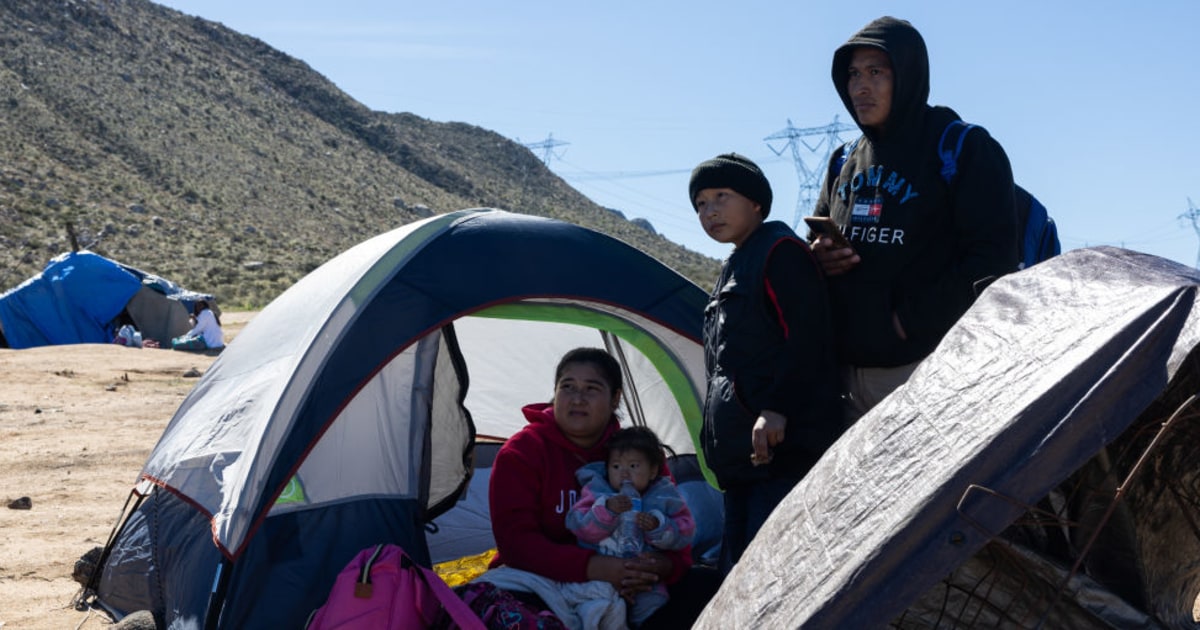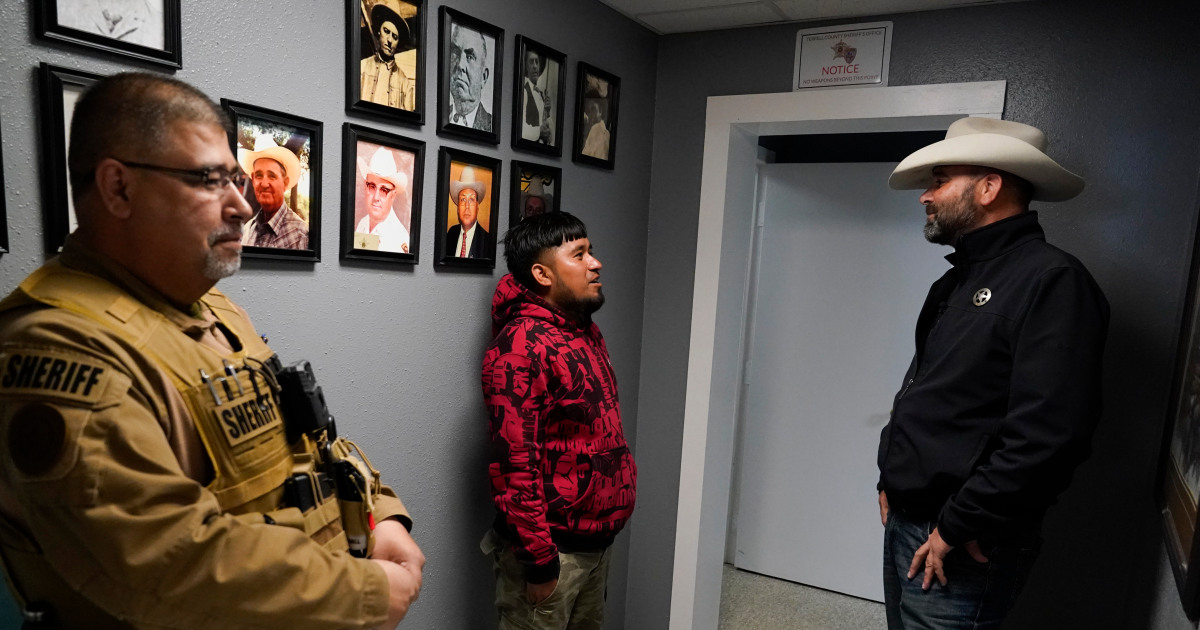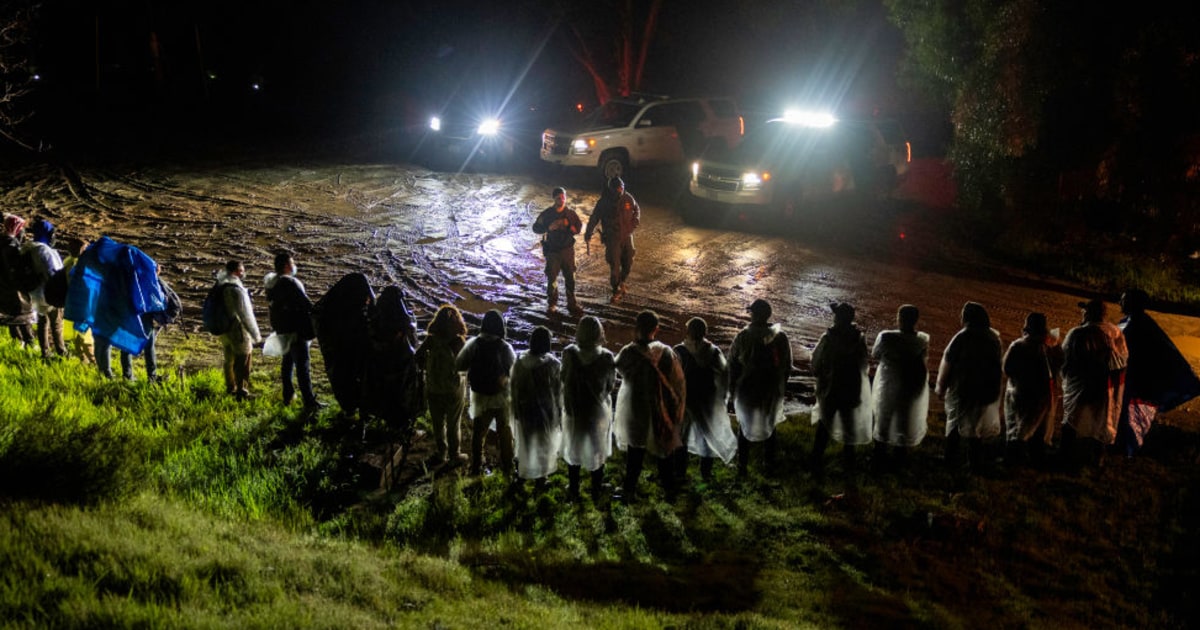Changing diapers, sticking plaster, playing hide-and-seek: Anyone who works as an educator in eastern Germany must, on average, take care of significantly more children than their West German counterparts. This is shown by the Bertelsmann Stiftung's "Country Monitor for Early Childhood Education Systems" (here you will find an overview of the most important results).
Educational researcher Kai Maatz explains in an interview what influence the GDR's heritage has on today's child care - and what the lack of staff means for the children.
SPIEGEL ONLINE: In Saxony, an educator looks after an average of six children, in Baden-Württemberg, there are only three. How is this difference?
Maaz: Actually, that's not a problem that only exists between Saxony and Baden-Württemberg. There is a border between the old and new federal states. The reasons for this are diverse. In the main, there are different traditions of early childhood education in West and East. In the GDR there was a strong child care, in the West, however, it was unusual to give children under three years in a care outside the home.
SPIEGEL ONLINE: This tradition continues to this day?
Maatz: There are extremely large differences in the number of children attending a day care center, depending on where they live. Especially with the little ones. Everything looks the same when you are three years old. But while in West Germany only slightly more than half of the two-year-olds go to the day care center, in the eastern federal states, there are eighty-five percent. In the case of one-year-olds, two-thirds of all children are cared for in the East, and just one-third in the West.
SPIEGEL ONLINE: And that explains why more children in the East have to share an educator?
Maaz: Of course, it needs more staff to take care of more children. Especially in the crib area, the personnel key is demanding. The skills shortage also plays a role here, as it is not easy to find suitable staff everywhere in Germany. With a smaller proportion of children attending daycare, it is easier to provide seemingly better care.
SPIEGEL ONLINE: You speak of a seemingly better care. Does that mean children are not necessarily better off in day care centers with a higher staffing level?
Maaz: First of all, the answer seems to be obvious: The more educational staff, the better the care of the children. The pure consideration of the care key, however, falls short in my opinion.
SPIEGEL ONLINE: What is the problem then?
Maaz: You also have to look at what the pedagogical concepts of the individual care centers look like, what conditions exist there, what additional help they use. If, for example, in a kindergarten many children do not speak German, there is an increased demand for support here. It can not be handled by the normal educators, it needs additional staff. Of course, such detailed reviews are not reflected in large studies, but would actually be necessary to determine the need for a day care center and then to say whether it fulfills it.
SPIEGEL ONLINE: Does the amount of staff say nothing at first?
Maaz: Do not get me wrong, sure a high caring key is an important prerequisite for a good daycare. Of course, educators can treat a group of three children differently than seven. The smaller the group becomes, the easier it becomes for the individual educator to properly promote the children. Nevertheless, the other conditions must be correct, the number of educators must not be the exclusive criterion.
SPIEGEL ONLINE: Are East German daycare centers better or worse than West German ones?
Maaz: That's not a question of East or West. In all countries there are good kindergartens and those with challenges. Among the many factors for good educational work, however, the personnel key in the day-care centers is a very important one.















